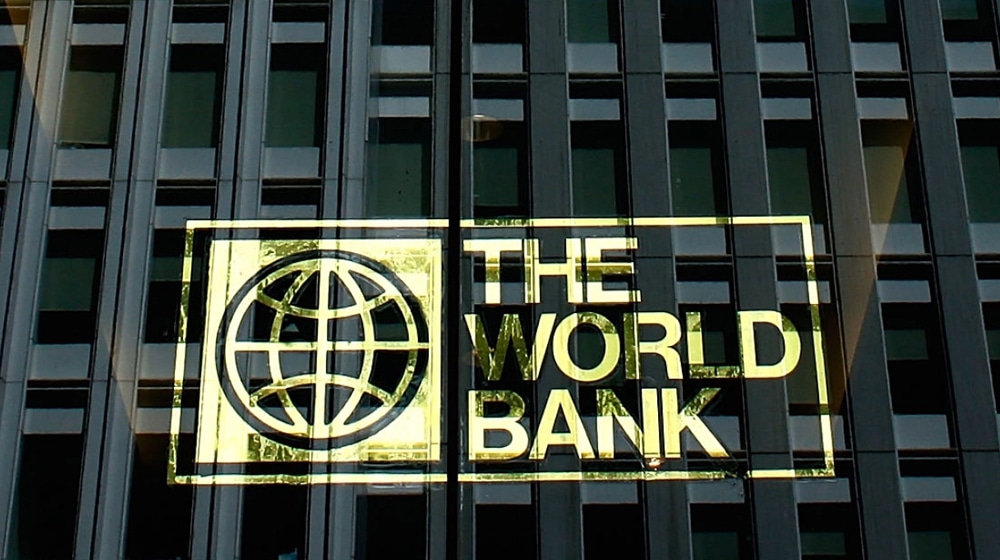The World Bank’s Board of Executive Directors approved $150 million for a project to increase the participation rates of girls and boys in pre-primary and primary grades and enhance reading proficiency in primary grades in Punjab Province.
Getting Results: Access and Delivery of Quality Education Services in Punjab Project (GRADES) will focus on improving learning outcomes, recovering from learning losses during the COVID-19 pandemic, strengthening the management of schools, and expanding school participation levels. This will contribute to higher completion rates and increased years of schooling with better learning for both girls and boys.
The project is expected to directly benefit approximately 5 million children, 7,000 headteachers, 165,000 teachers, and more than 3,000 teacher mentors in public schools as well as Punjab Education Foundation schools.
“Punjab has more than 7 million out-of-school children. GRADES will help the government of Punjab substantially reduce this number and, in parallel, improve foundational learning outcomes for boys and girls who are already in school,” said Najy Benhassine, World Bank Country Director for Pakistan. “This will be done through scaling up and strengthening public-private partnerships, improving school preparedness among young children, enhancing the quality and use of teaching and learning materials and assessments, and improving the learning environment in schools.”
Given Pakistan’s vulnerability to climate shocks, the project will follow a climate-resilient approach with measures to mitigate the impact of natural disasters, including the construction of approximately 5,400 additional climate-smart classrooms in primary schools. It will introduce low-cost climate-smart features such as raised plinths and reflective roofs.
The project will prioritize reconstruction of schools damaged during the 2022 floods, especially girls’ schools, overcrowded schools, and schools in locations with high numbers of out-of-school children. In addition, measures to strengthen disability inclusion, such as making school infrastructure more accessible and integrating inclusive education principles in teacher coaching is also part of the project’s inclusive design.
“The World Bank and the government of Punjab have a strong history of collaboration on education reform,” said Izza Farrakh, Task Team Leader for the Project. “GRADES will leverage this partnership for further innovation, such as climate-resilient classrooms and integrating climate change education into the curriculum. Reforms such as these will help ensure a safe and conducive learning environment and at the same time prepare the next generation to be more resilient to climate shocks and natural disasters.”
The post World Bank Approves $150 Million For Education Project in Punjab appeared first on ProPakistani.


